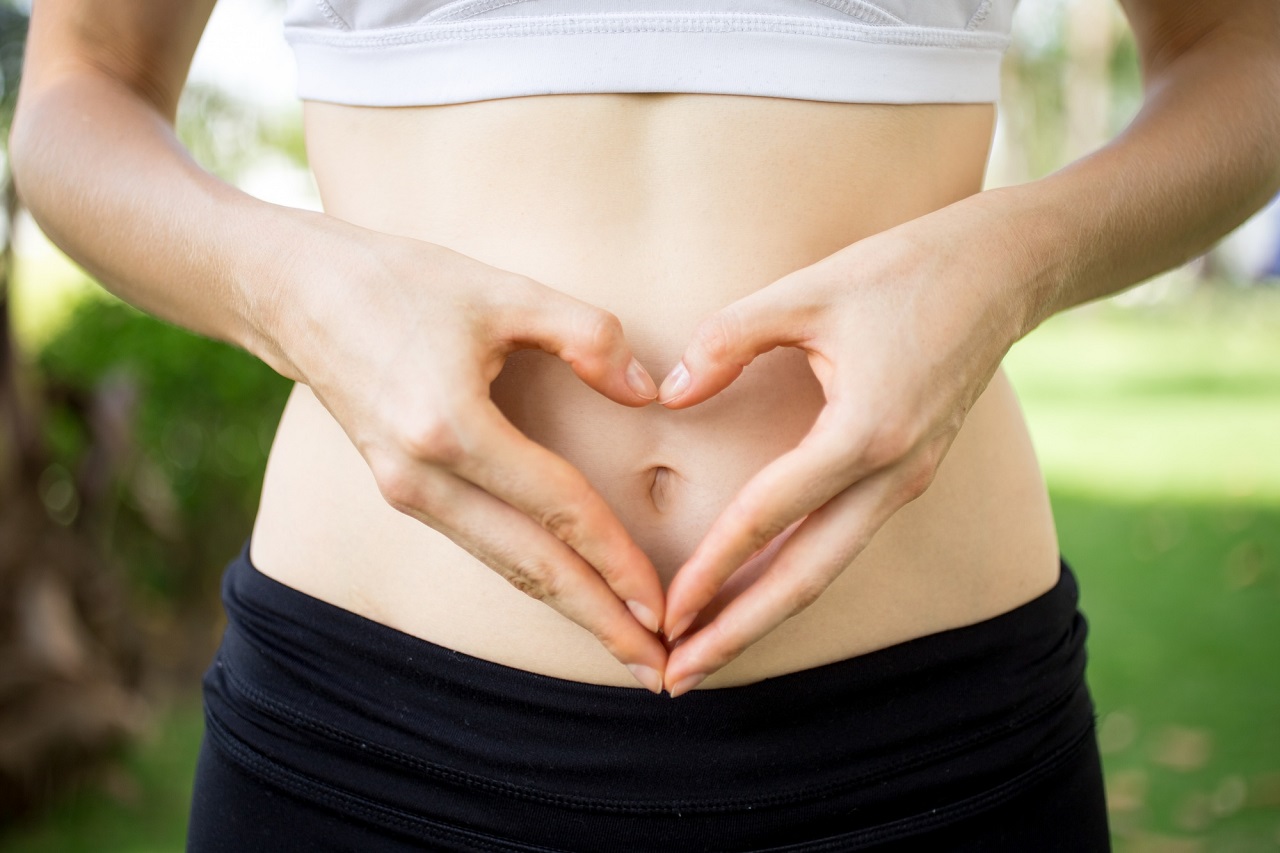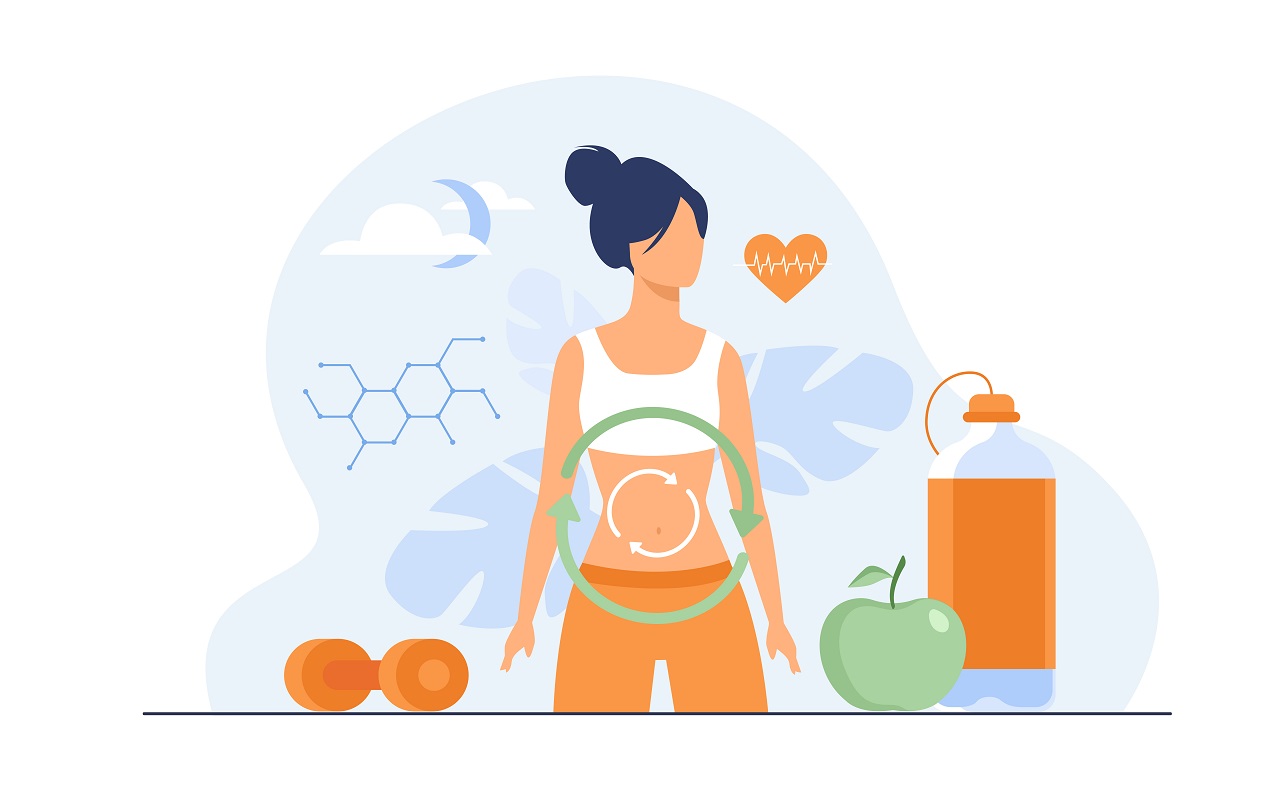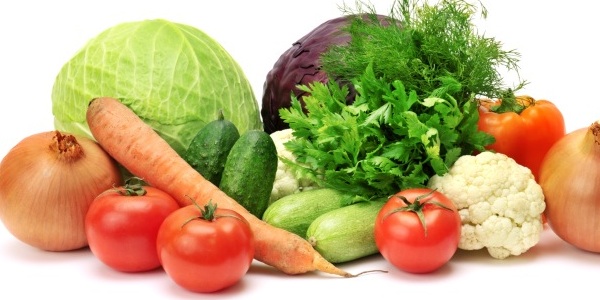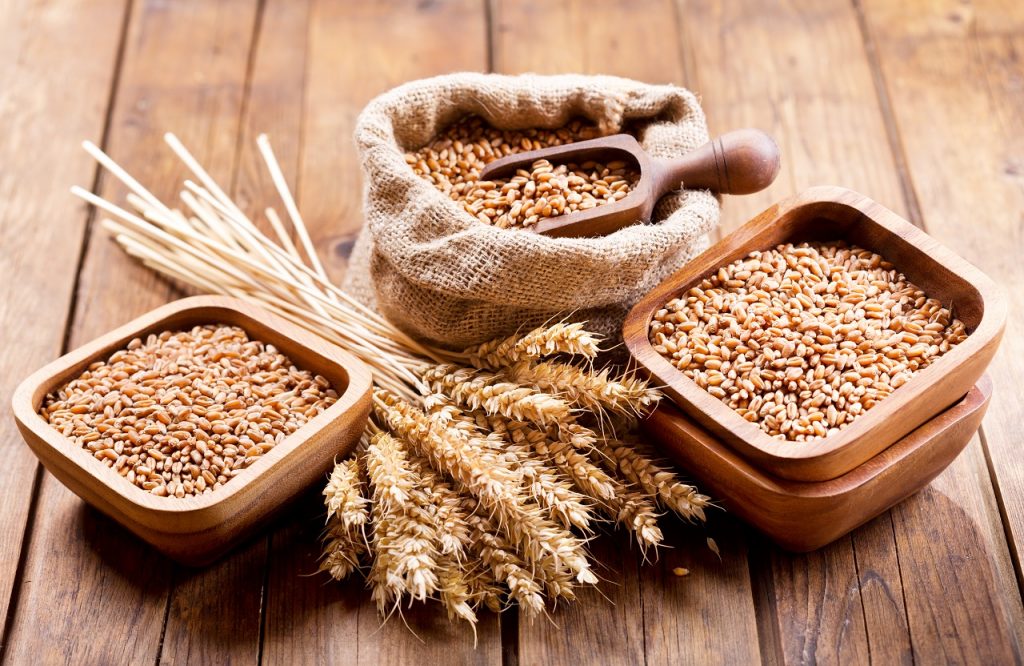 Gut health is a familiar concept, and it’s widely recognized that maintaining a healthy gut is beneficial for our overall well-being. Beyond just aiding digestion, a healthy gut supports our immune system, heart health, brain function, weight management, and numerous other facets of health.
Gut health is a familiar concept, and it’s widely recognized that maintaining a healthy gut is beneficial for our overall well-being. Beyond just aiding digestion, a healthy gut supports our immune system, heart health, brain function, weight management, and numerous other facets of health.
How Do We Know That Our Gut Health Is Optimal?
A healthy gut requires a balanced interaction between beneficial and harmful microbes within our digestive system. Our body’s microbiome, which includes trillions of bacteria, fungi, yeast, and other microbes—with bacteria being the predominant group—is vast. In fact, bacterial cells outnumber our own human cells! It’s accurate to consider the microbiome as an essential organ, critical to maintaining our overall health.
When our gut health suffers, we may experience a variety of symptoms such as indigestion, bloating, constipation, acidity, acid reflux, chronic fatigue, acne, joint inflammation and pain, as well as anxiety and depression. It’s crucial to identify and address the underlying causes of these symptoms instead of merely resorting to temporary solutions.
Effective Ways To Improve Gut Health

- Include Fibre in your diet: Fibre helps to regulate bowel movements by absorbing water into the colon, making the stools soft and easy to pass through the intestines. Good sources of fibre include – fresh fruits and vegetables, whole grains, beans and pulses.
- Have foods rich in Prebiotics: Prebiotics are basically food for the gut microflora that humans cannot digest but keeps the gut bacteria healthy. These include fibre from legumes, beans, oats, banana, berries, asparagus, apples, garlic, onion and leeks.
- Include Probiotics in your daily diet: Probiotics are live bacteria found in certain foods and supplements. These include Curd, Yogurt, Fermented food items like Kombucha, Kimchi, Sauerkraut, Kefir and Pickles. Before taking probiotic supplements, it is advisable to consult your physician first.
- Drink plenty of water: Drink eight glasses (about 2 litres) of water each day to keep yourself hydrated during the day. This is a general guideline, the exact water requirement depends on your body weight, activity levels and the environmental condition.
- Reduce/Manage stress levels: Stress can have a major impact on our gut health because it affects the regulation of hormones and neurotransmitters that control your gastrointestinal function. So, if you are feeling stressed, seek help or try to manage it with meditation, yoga, exercise, pursuing a hobby, talking to family and friends.
- Avoid Processed/Sugary food items: Sugar feeds bad bacteria in our gut which can cause bloating, discomfort and gas. So avoiding or reducing sugar intake can help promote good bacteria growth. Similarly, processed foods are stripped of the majority of nutrients and are loaded with artificial colours, preservatives, sweeteners, trans fats, all of these increase inflammation in the body and impact gut health.
- Exercise regularly: Regular exercise is one of the best ways to improve your gut health, as it helps build immunity to fight against viruses and bacterial infections. So, the more active you are, the healthier gut you will have!
- Sleep well: The quality of your sleep can affect your gut health, so get your 7-8 hours of good quality sleep. Follow a good sleep hygiene, avoid using electronic gadgets before sleep and avoid caffeine late in the day. You can also practice deep breathing or meditation to induce sleep.
- Antibiotics: Avoid taking antibiotics unnecessarily, as they kill the bad as well as good bacteria in the gut. In case it is unavoidable, do include probiotics in your diet, to replenish the lost good bacteria.
- Avoid Alcohol: Alcohol causes depletion in the gut bacteria and inflammation, so it is better to avoid or limit your intake.
These simple yet very effective ways will help you keep your gut healthy and contribute to your overall wellbeing. If this article helped you, let us know in the comments below!
For more on maintaining and improving Gut Health, check out Healthy Reads. You can also speak to an expert by subscribing for GOQii’s Personalised Health Coaching here.
#BeTheForce










